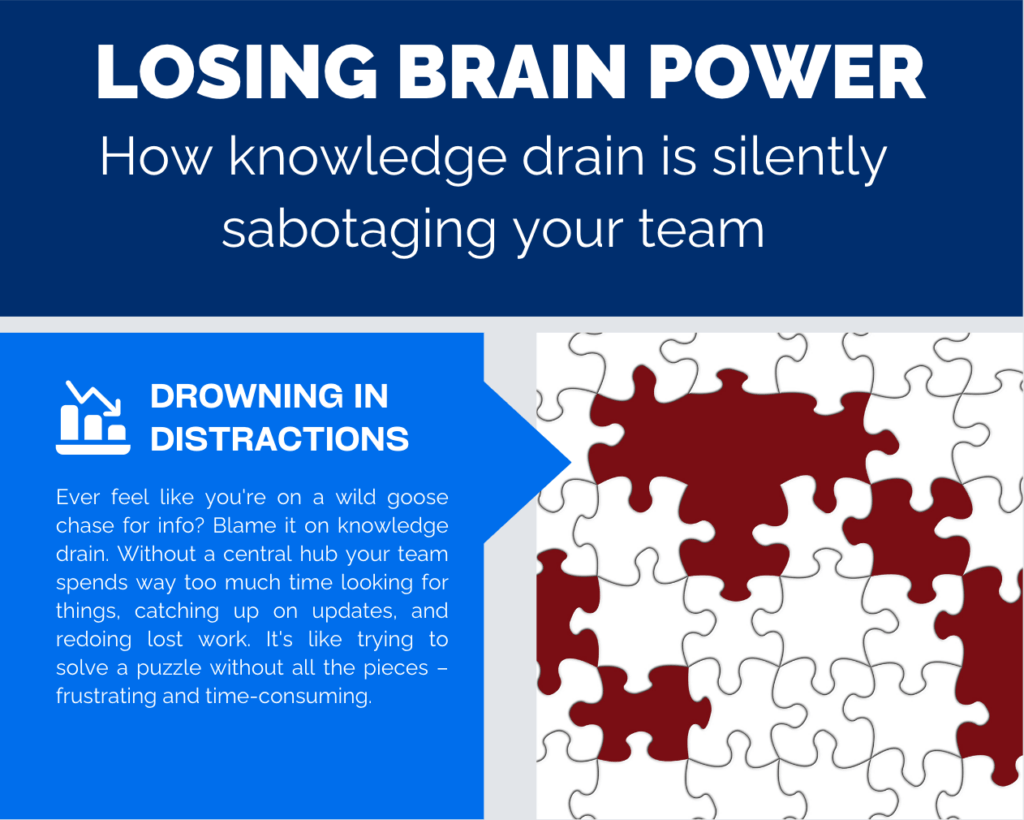
Television production is an industry based on specific periods. Pre, shoot, post. Crew come and go; familiar faces reconnect over catering, check-ins, and briefings. The familiar questions are part of the ritual of making a show: “What have you been working on?” followed by “what are you working on next?”
It’s often this tangled and symbiotic web that is blamed for the lack of innovation when it comes to the actual processes around making a show. Everyone needs to hit the ground running. There’s little time for onboarding, handovers, testing, and trials. Tools and systems need to work first go – and be simple and familiar.
But… do they, actually?
Innovation in production can be slow – and yes, sometimes stubbornly slow. The past year has made opportunities – and problems – clearer, highlighting what has been the status quo for too long.
With few full-time crew members and no one to carry the baton of change, the tried and trusted processes are reached for consistently – even when everyone agrees they could be done better. From manually submitted excel timesheets, personally chased by weary production managers that have way better things to do, to endless printouts, replaced, discarded, and rarely trackable – everyone knows the things that could be done better… and yet very few seem inspired to embrace that “better”.
It’s not a generational issue. In fact, it’s insulting to insinuate that it’s the experienced crew dragging their feet. They are the ones who have integrated AI on set, programmed remotely, and upgraded their kits and skillsets consistently. Indeed, the same crew deserves a production onboarding where context, intel, and expectations are clear, whenever and wherever they kick off.
It’s not because “better” is not available. Does it cost money? Of course. But so does everything else being used. Will change potentially lead to more cost-effective, streamlined production? Inevitably. So how do we straddle that divide between what is and what could be?
The answer is those familiar faces seen across the catering tables and at the HODs meetings, backstage, and on the call sheets. The solution for better systems is the crew – not just embracing change but championing it.
This will happen when big thinkers and leaders start asking questions and challenging the status quo. Frustration shouldn’t be the impetus for change – but if that’s what it takes, then it’s certainly there to be taken. It doesn’t get any more frustrating than having to cop the same old when there’s a better fit that can be easily embraced.
Over the past 12 months, production teams have managed to make television under some pretty extraordinary conditions. Many learned new technologies, adapted to the unknown, and put out stories that audiences watched and loved. Stories that kept families linked in times when the world has never been more fragmented and disjointed.
With the official breakage of what was always known to be, come cracks in the footpath through which innovation can grow.
“Industry standard” is a legacy we should leave behind. Production systems like Lumi enable dynamic content production – uniting teams across projects, consolidating and clarifying production quickly and easily. They increase visibility and break down the traditional silos that require everyone to be on set or at a screening. The capability is there for multi-faceted, seamless production – the switch just needs to be flicked.
Scraping dollars from line budgets to limp through a project is a temporary solution that television production has somehow come to expect and deal with as standard. Maximising efficiencies with a big picture, long-term approach is not just about finding and employing real solutions – it’s about knowing that there won’t be the need to constantly throw lines at that budget because things are streamlined and more effective from the outset.
There’s an opportunity in the now to create a new. In a world where thought-leaders and innovators have had to justify and rationalise tools that will make processes easier, where they’ve chafed against the “too-hard” basket for too long, we are finally at the tipping point where change is being considered.
The era of making do is officially over. It’s time to make a change.



